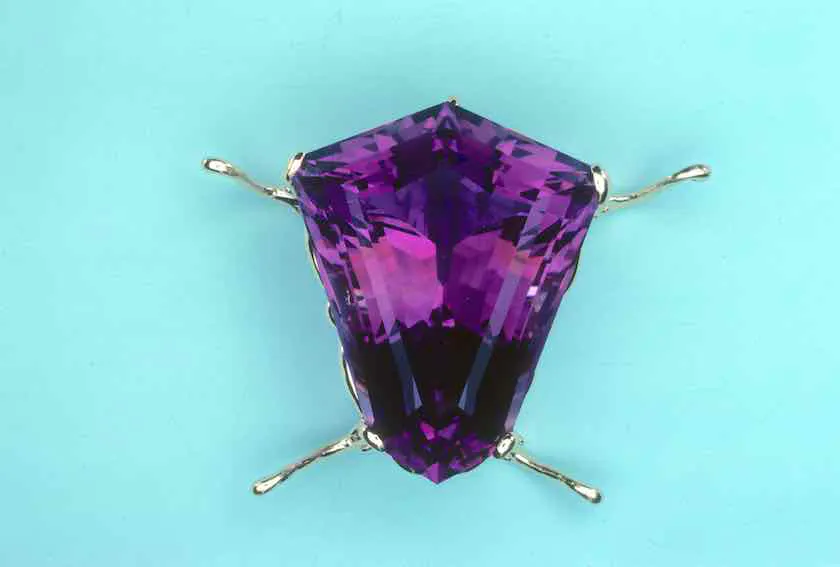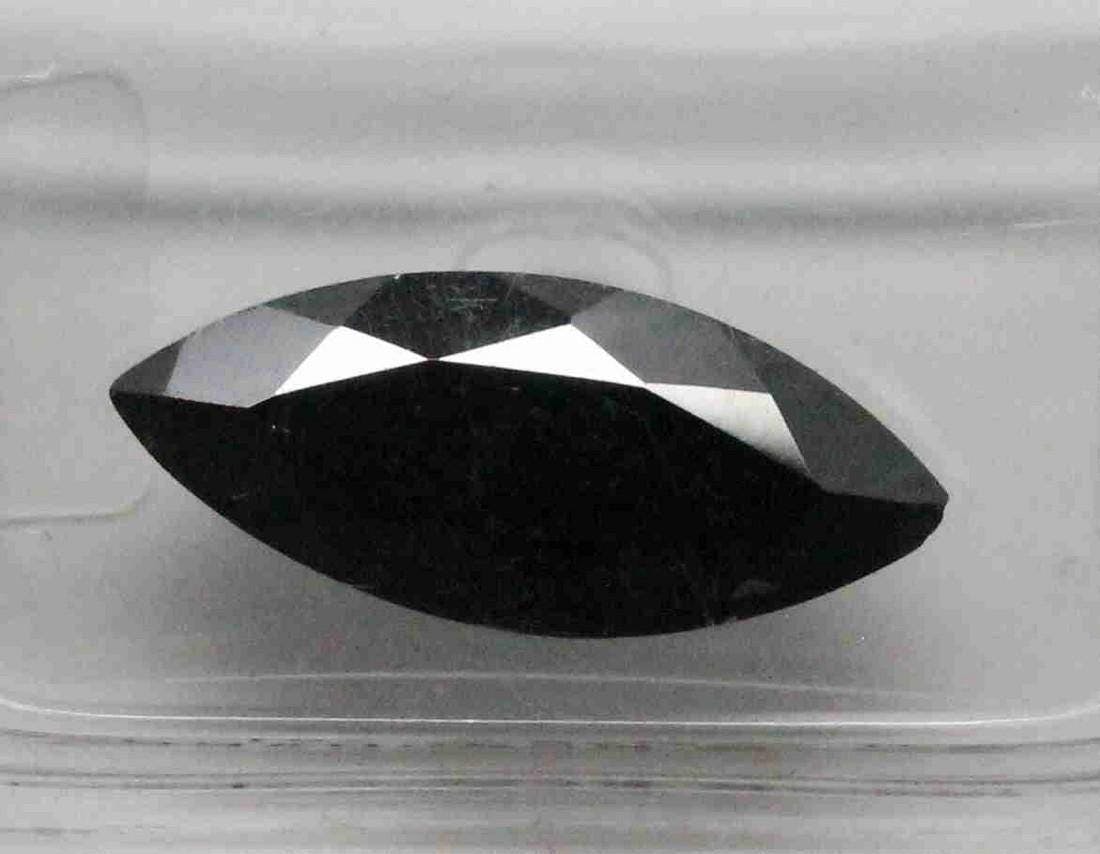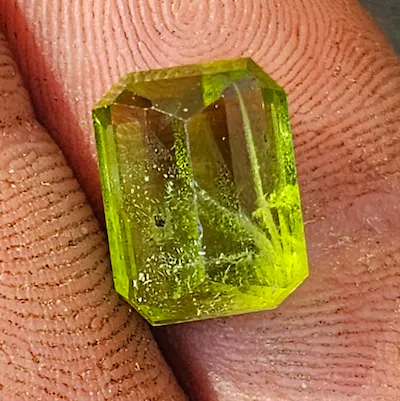Information about Gemstone Necklaces, News
What Does It Mean When Someone Gives You Pearls?
When someone gives you pearls, it holds more than a beautiful piece of jewelry. These gems symbolize love, wisdom, and prosperity – treasured across cultures and civilizations.
Pearls are unique – created by living mollusks. Irritants such as sand enter the shell, and the mollusk secretes nacre to coat it. This results in a pearl – showing resilience and beauty.
The type and color of the pearl also carry meanings. White pearls stand for innocence and purity. Black pearls mean mystery and protection. Pink pearls signify love and compassion. Golden pearls represent wealth and prosperity.
If you receive pearls, it’s likely an expression of admiration for you. It could also be a wish for your growth or blessings for a prosperous future. On special occasions like weddings or birthdays, they are a token of affection and a wish for happiness and longevity.
Safeguard your pearls with care. Keep them stored individually to prevent potential scratches. Steer clear of harsh chemicals and extreme heat exposure. Employ a gentle cleaning regimen using mild soap and water to uphold their luminous appeal. Discover more pearl care tips on the Melogems brand page for comprehensive guidance on preserving their splendor.
The Symbolism of Pearls
Pearls have captivated human imagination for centuries, with deep and profound symbolism. These lustrous gems have diverse meanings across cultures, signifying beauty, wisdom, and purity. Let’s dive into the symbolism of pearls!
- Beauty: Pearls are admired for their elegance and grace, representing beauty.
- Wisdom: Ancient times linked pearls to immense wisdom, treasured by esteemed scholars.
- Purity: Pristine pearls symbolize purity of the soul, body, and mind.
- Wealth: In history, pearls have been linked to wealth and royalty, associated with regal jewelry collections. They also signify emotional richness and abundance.
- Religion: Pearls have religious significance too, regarded as sacred gemstones due to their spiritual representation.
- Metaphysical: Pearls are said to promote inner peace, calmness, and harmonious relationships. Wearing or carrying a pearl can attune one’s energy to the sea.
- Queen Elizabeth I: Wore pearls as a sign of power and influence. (Source: Smithsonian Magazine)

Historical Significance of Pearls
Throughout history, pearls have been treasured for their beauty and rarity. They have adorned royalty, symbolized purity and wisdom, and even had roles in rituals. A table of their uses and associations over the years can help to understand this significance:
| Roman Empire | Ancient Egypt | Renaissance Europe |
|---|---|---|
| Wealth | Immortality | Purity |
| Emperors | Pharaohs | Queens |
| Moon goddess | Osiris | Virgin Mary |
| Strength | Digestion aid | Curative powers |
Pearls associated with wealth and power during the Roman Empire. In Ancient Egypt, they stood for immortality and were buried with Pharaohs. During the Renaissance in Europe, pearls represented purity and were worn by queens.
Pearls also had spiritual importance. In Roman mythology, they were linked to the moon goddess and were thought to possess special powers. They were associated with Osiris’s tears of joy in Egypt and Christianity associated them with Virgin Mary.
In addition to symbolism, pearls were believed to have healing properties. In Rome, they were ground for strength-building tonics. Ancient Egyptians used pearl powder as a digestion aid.
One remarkable fact is that Cleopatra famously dissolved a pearl in a glass of wine and drank it. This event was documented by the Roman historian Pliny the Elder.
Pearls have left an indelible mark on human history. Their captivating impact still remains strong today.

Modern Interpretations of Pearls
Pearls, with their timeless beauty and elegance, carry various modern interpretations. These lustrous gems symbolize purity, wisdom and wealth. They are often linked to femininity, grace and sophistication. Pearls also embody emotional healing and transformation, making them an ideal gift.
Let’s explore some of the modern interpretations of pearls:
- Symbol of class and status
- Conveying elegance and sophistication
- Celebrating milestones
Pearls have long been associated with class and status. Through history, they have been adored by royalty and high society, signifying wealth and prestige. Today, pearls still evoke a luxurious allure.
Beyond their connection to social standing, pearls are known to exude sophistication. Whether in classic pearl necklaces or modern jewelry designs, pearls add a touch of refinement.
Additionally, pearls are often presented to commemorate special moments in life. From graduations to weddings, these radiant gems serve as lasting reminders of joyful occasions.
It is important to recognize the ancient history of pearls too. Across cultures worldwide, pearls had a special place in mythology and folklore. Ancient Greeks thought that pearls were tears from gods, while Chinese legends depicted them as symbols of wisdom.
We can appreciate not only their beauty but also the deeper meaning they convey – a timeless legacy from ancient civilizations that still resonates today.
Learn about “What Earrings to Wear with a Pearl Necklace” from the Melogems article!

Cultural and Regional Variations in the Meaning of Pearls
Pearls possess different significances in various cultures and regions. Grasping these variations is vital to appreciate the cultural importance connected to pearls.
Examining the cultural and regional understandings of pearls reveals captivating distinctions. The following table provides a glance of the assorted meanings attached to pearls:
| Culture/Region | Meaning of Pearls |
|---|---|
| Ancient | Pure, divine gems |
| Chinese | Luck, wealth, and prosperity |
| Greek | Love and marriage tokens |
| Indian | Representations of feminine energy and beauty |
In addition, each culture has unique details regarding the way they accept pearls. Their values, beliefs, and social customs play a major role in forming their outlooks.
To genuinely comprehend the intensity and beauty behind these cultural interpretations, it is essential to immerse oneself in the traditions and stories that have kept these meanings alive for centuries.
Investigate the diverse tapestry of pearl symbolism across cultures, uncovering tales of power, romance, wisdom, and spirituality. Don’t miss this opportunity to uncover the mesmerizing world within each lustrous sphere.
Take in the charm of pearls by delving into their cultural importance. Open your mind to the diverse interpretations that have shaped human history for ages. Feel the enchantment that comes from knowing what it means when someone gives you pearls.
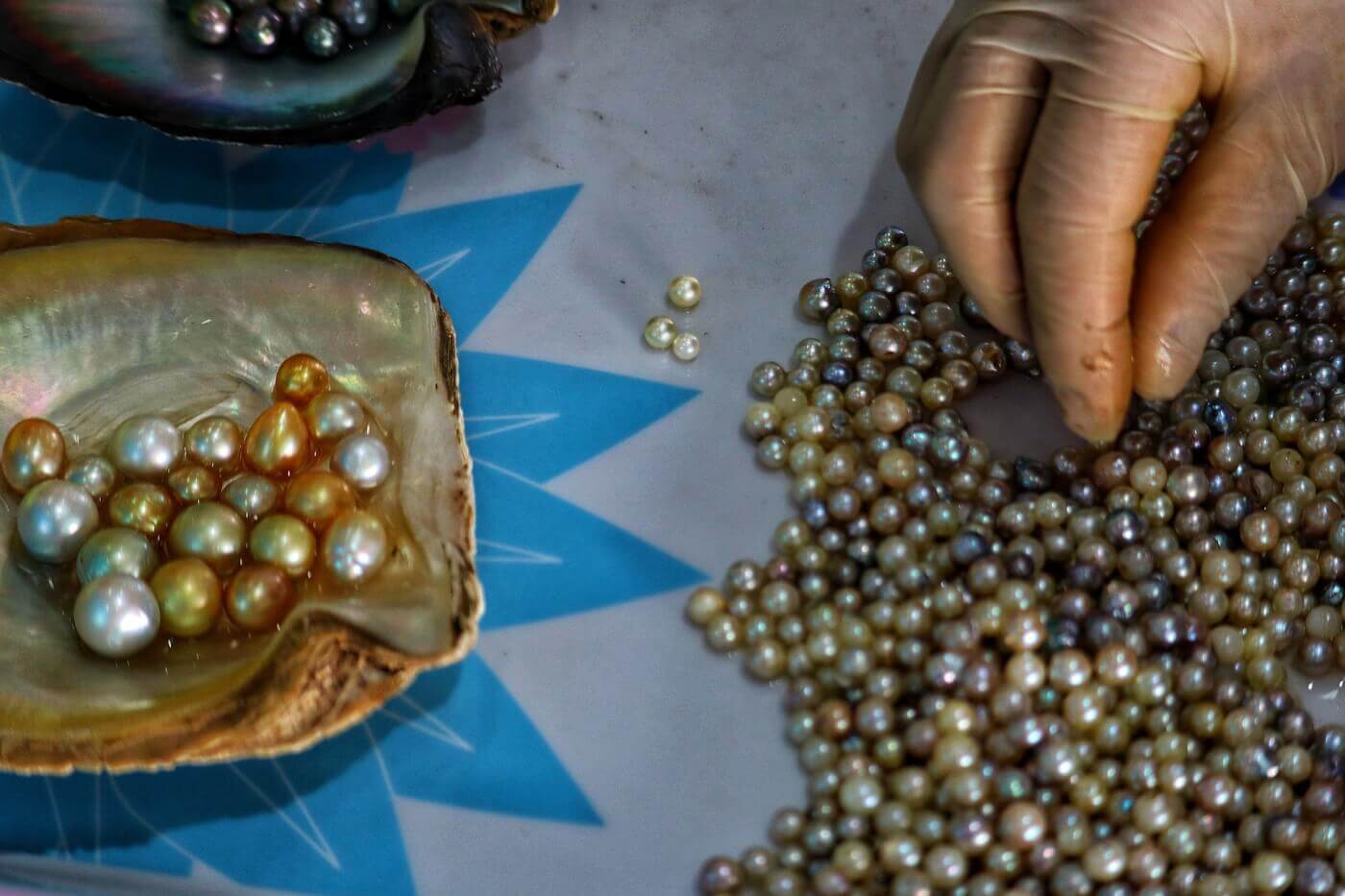
Superstitions and Beliefs Surrounding Pearls
Superstitions and beliefs about pearls have been held in high regard for centuries. They are seen as symbols of purity, wisdom and power. Royals and nobles have adorned them for their elegance and grace. It’s said that wearing pearls can bring good luck and protect against negative energy.
Ancient Chinese believed that pearls were made when dragons fought and their tears turned into gems. They also thought that pearls would keep women young and beautiful.
Pearls are also believed to have healing properties. It’s said they help balance emotions and reduce stress. In some cultures, they are used to treat digestive issues and promote well-being.
There’s a story about Cleopatra, the famous Egyptian queen. It’s said she dissolved a large pearl in vinegar and drank it, to show off her wealth and power. This impressed not only her subjects, but also her lover Mark Antony.
Discover the Melo Melo pearl ring at Melogems now!
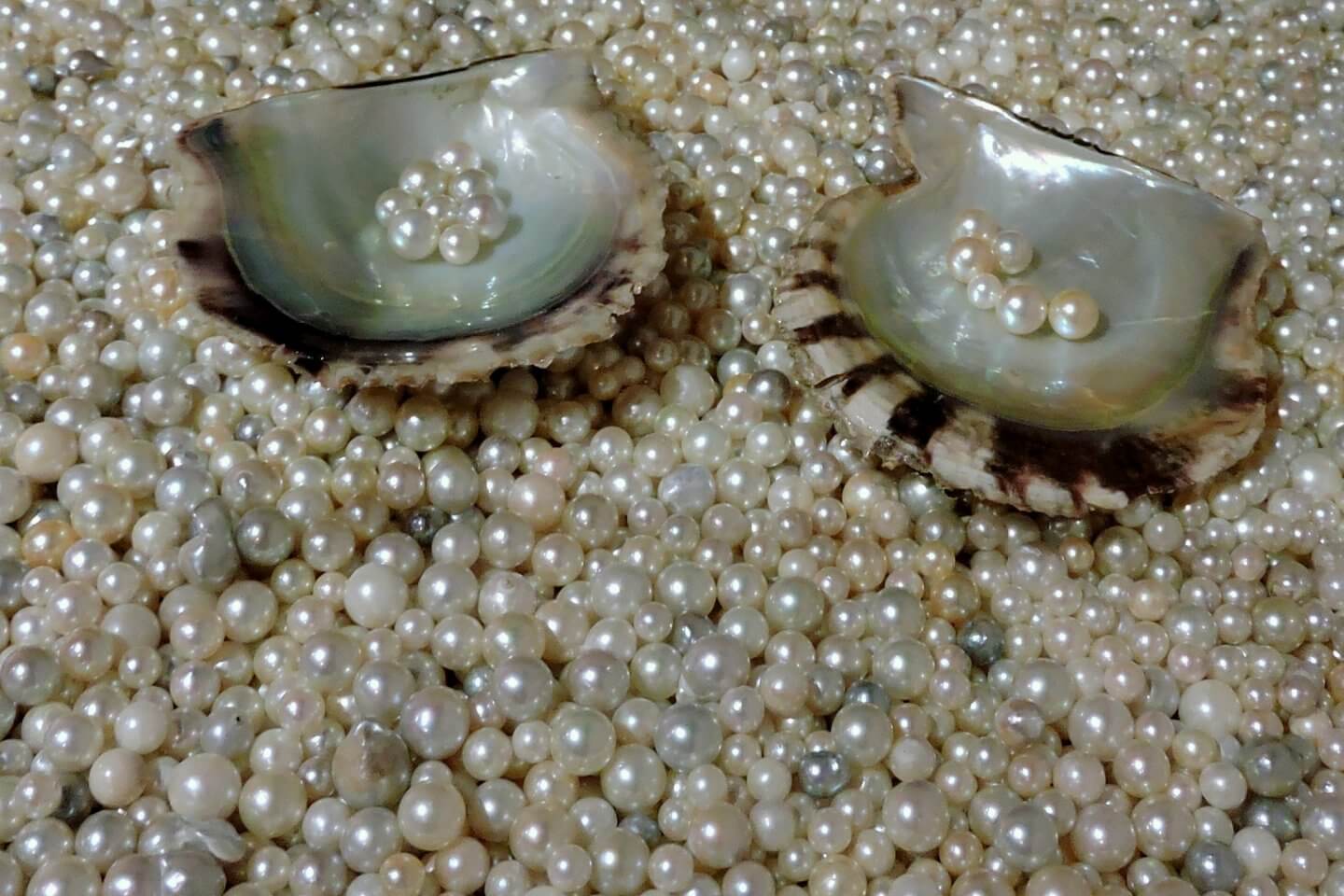
Conclusion
It’s clear that receiving pearls has special meaning. They symbolize purity, wisdom and wealth. They are also linked to love and romance, often given as gifts to show affection. Pearls also carry religious and spiritual connotations, used in rituals to guide people on their spiritual journey.
The Egyptians and Romans saw pearls as symbols of power and luxury. Julius Caesar even had a pearl earring, believing it brought him luck in battle. So, pearls have a long and intriguing history that adds to their significance.
Frequently Asked Questions
Q: What does it mean when someone gives you pearls?
A: When someone gives you pearls, it is often seen as a symbol of purity, elegance, and sophistication. Pearls are also associated with wealth and success in some cultures.
Q: Are pearls a romantic gift?
A: Yes, pearls are often considered a romantic and thoughtful gift. They can symbolize love, affection, and lasting commitment.
Q: Can pearls be given as a friendship gift?
A: Absolutely! Pearls can also be given as a friendship gift. They can represent a strong bond, loyalty, and friendship.
Q: Is it bad luck to buy your own pearls?
A: No, it is not bad luck to buy your own pearls. In fact, many people buy pearls for themselves as a form of self-appreciation and empowerment.
Q: Are all colored pearls valuable?
A: The value of colored pearls varies based on factors such as the rarity of the color, the quality of the pearl, and market demand. Some colored pearls can be highly valuable, while others may have a lower value.
Q: Can men wear pearls?
A: Absolutely! Pearls are not limited to women’s jewelry. Men can also wear pearls in various forms such as necklaces, bracelets, cufflinks, or even incorporated into their clothing.


